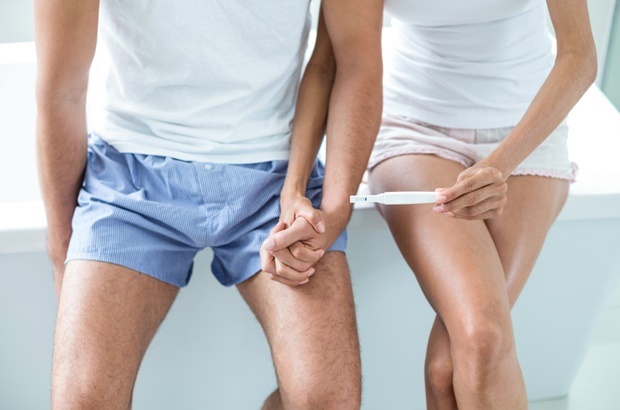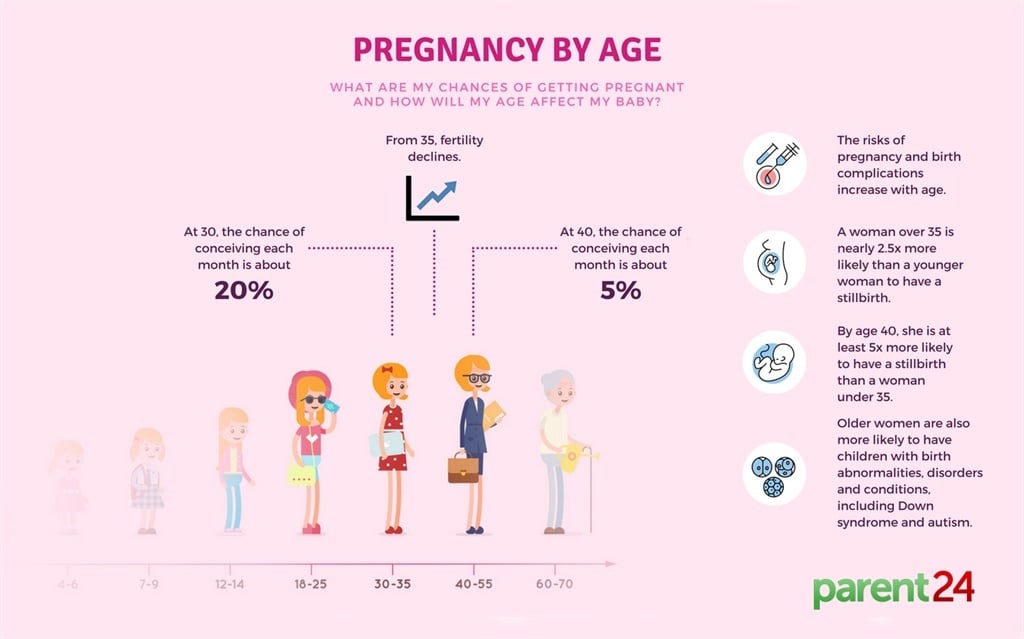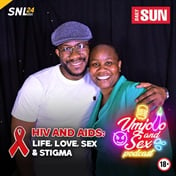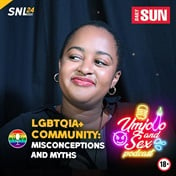
When is the best time for you to have a baby? Well, your body says before 35.
While you might have planned out exactly when you'd like to settle down, get pregnant and expand your family, your body might have alternate plans.
It’s funny how when we’re studying we’re told to do just that:
“Don’t worry about boys now – focus on your studies.”
“You’re still young! You have the rest of your life to worry about boys and starting a family.”
But, apparently, “the rest of your life” starts the minute you step down from that stage at your graduation ceremony and the well wishes and congratulatory messages will also be met with the passive aggressive, “So when are you getting married?”, followed shortly by, my personal favourite, “When are you having a baby?”
As annoying as those questions are, especially since you already planned every romantic detail of your life out in your sparkly pink diary at the tender age of 18, you aren’t getting any younger. And while you’ve got a particular reproductive timeline in mind, your body might have a completely different one for you.
Toni Weschler, MPH, writes in her book Taking Charge of Your Infertility, “The unfortunate biological reality is that as women reach their mid-30s, their infertility risk increases dramatically”, while infertility is defined by the World Health Organization as “the inability of a sexually active, non-contracepting couple to achieve pregnancy in one year.”
Weschler continues, “There are physiological changes that also affect overall fertility rates. As women age, the quantity and quality of fertile cervical fluid tends to decline… In addition, as women enter their late 30s, they tend to have more anovulatory cycles, and often those in which the egg is released have shorter luteal phases. Unfortunately, what may be the most important age factor is not the ability for older women to conceive, but rather the odds of the fertilised egg surviving plantation.”
What are my chances of getting pregnant?
The following graph (click here for graph) shows your chances of getting pregnant the older you get, according to Khatamee and Rosenthal and gathered from Baby Centre. The chart is based on average figures and based on women who are considered to be in the best of health at the time of conception, or rather, trying to conceive.
According to the statistics gathered from Your Fertility, from around 32 years old, your chances of conceiving decrease “gradually but significantly”. From 35 fertility decline begins to speed up and by 40 it will have fallen by half.
So at 30 years old, the chance of conceiving each month is about 20%. At 40 years old, it’s around 5%.
What about my baby?
Your fertility also suggests that as women get older, the risks of birth complications increase. Complications may include birth via caesarean section, as well gestational diabetes, placenta praevia and placenta abruption.
A woman over 35 is almost 2.5 times more likely than a younger mother to have a stillbirth and by 40 years old, she is more than 5 times likely to have a stillbirth than a woman under 35. At 40 years old, the risk of miscarriage is greater than the chance of a live birth.
Older women are also more likely to have children with birth abnormalities, disorders and conditions, including Down syndrome and autism.
What if I’m older than 35?
It would appear that the best age for you to have a baby, without any help, is before 35. But that doesn’t mean you can’t have a baby if you’re 35 and older. You might just need a little help.
Your options include freezing your eggs until you’re ready, going for fertility treatments such as IVF or even going the Kim K route and using a gestational carrier. If you’re unsure of how to go about these treatments and you have no idea whatsoever of what a gestational carrier is, here are a few articles we hope might clear things up:
Everything you need to know about fertility treatment
-How sleep and alcohol affects your chances of conception
-So what's the deal with donating eggs?
-Alternative TTC treatments
-Infertility treatments
-Fertility clinics in South Africa
-Frozen eggs are best
It is undoubtedly easier, biologically, to conceive before your mid-30s, but as Weschler explains, there are ways to “shift the odds back in your favour”. So while everyone else might be a tad overly concerned about your reproductive timeline, you’ve got time. And if you’re worried you might not, you’ve got options.
At what age did you get pregnant? Did you find it easy to get pregnant? If not, what worked for you and your family? Share your stories by emailing [email protected] and we may publish them. Do let us know if you'd like to remain anonymous.
Read more:
Overcoming infertility
4 weird things that could affect fertility
16 "myths" about fertility that might just be true
Sign up to our weekly newsletter to receive Parent24 stories directly to your inbox.

















